Imagine a world of 8 billion of us, each with a future full of promise and potential. And now, let us open our eyes to the reality that 4 billion women and girls – half of humanity – are discriminated against simply because of their gender.
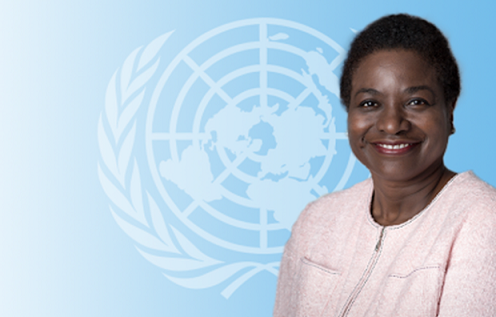 |
| Dr. Natalia Kanem, Executive Director of the United Nations Population Fund. (Source: UNFPA) |
Thirty years ago, at the International Conference on Population and Development (ICPD), we set out the goal of achieving a world where people live longer, healthier lives and enjoy more rights and choices than ever before.
This vision has been realized in many respects. In fact, the world's population is now at an all-time high, thanks in large part to improvements in health care and increased life expectancy.
Yet while we celebrate the progress that has been made, we must also recognize that for millions, even billions, achieving such a promising goal remains a long way off.
This year's World Population Day (11 July) is an occasion to remind us that we can achieve a sustainable, peaceful and prosperous future as envisaged at the International Conference on Population and Development and in the 2030 Agenda for Sustainable Development, if we harness the power of every person living on our planet.
When we unleash the full potential of women and girls – encouraging and nurturing their aspirations for their lives, families and careers – we will unleash the ability of half the world to lead, to bring innovative ideas and initiatives for a better society.
Realizing sexual and reproductive health and rights for all is the basis of gender equality, dignity and opportunity. Yet more than 40% of women worldwide are unable to exercise the most basic right to decide whether or not to have children.
Empowering women and girls, including through education and access to modern contraception, helps them realize their aspirations – and shape their own lives.
Promoting gender equality is a cross-cutting solution to all demographic concerns. In ageing countries with productivity concerns, achieving gender equality in the workforce will be the most effective way to boost output and income growth.
Meanwhile, in countries with rapid population growth, empowering women through education and family planning can yield huge benefits in terms of human capital and overall economic growth.
Thirty years ago, the world united behind a shared vision for the future, a vision in which the rights of women and girls were recognized as central to global development.
The solution is clear: Accelerating progress on gender equality – through access to sexual and reproductive health and rights, improved education, appropriate labor policies and equitable norms in the workplace and home – will lead to healthier families, stronger economies and sustainable societies.
Today, this message of gender equality remains as strong and pervasive as it was then; our resolve must be just as strong.
Let us once again unite towards a world where each of us has an equal opportunity to thrive and let us join hands to ensure that we achieve a reality where the prosperity of every nation (regardless of its size or stage of development) is its people and that means all its people and not just the male half.
The United Nations Population Fund (UNFPA) will stand with all 8 billion people so that each of them can exercise their rights and make their own choices. Because only then can we have an equal and prosperous future for all.
Source












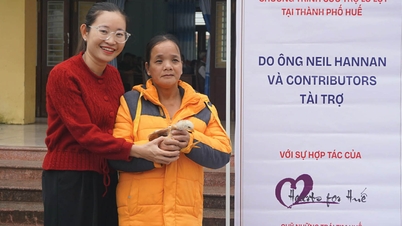



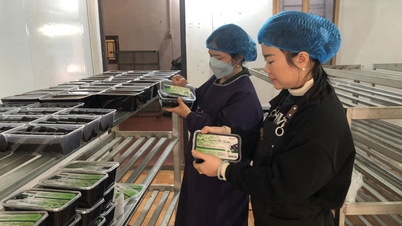

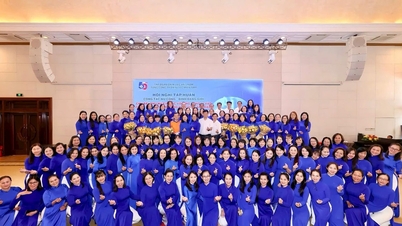


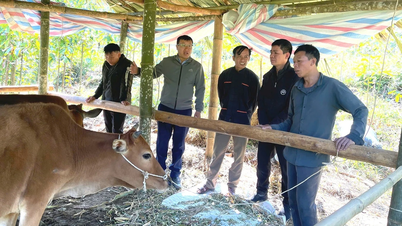


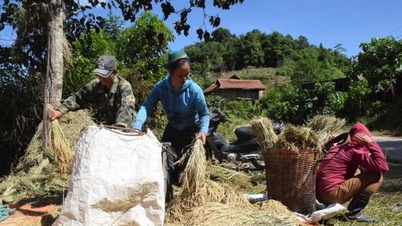

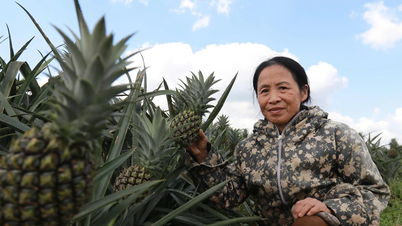

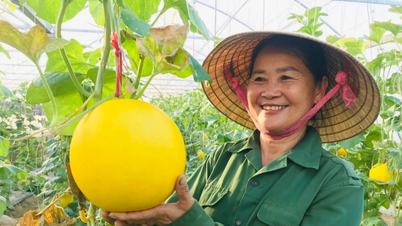







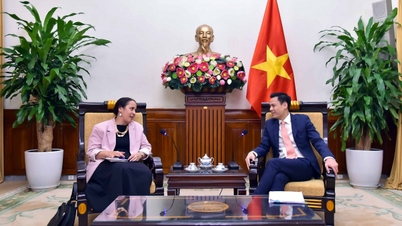











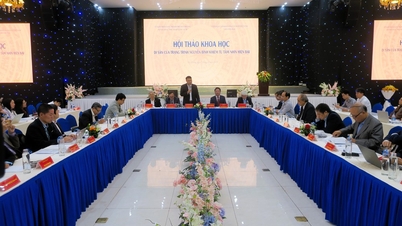

















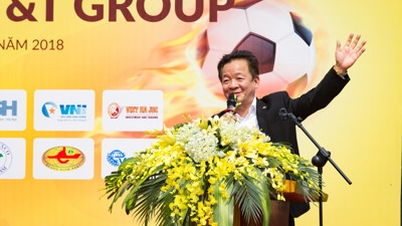
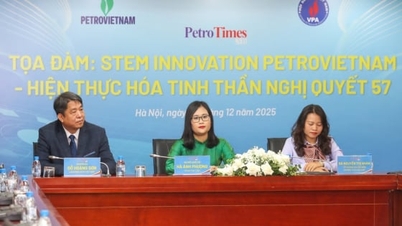








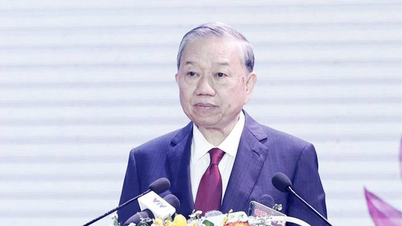


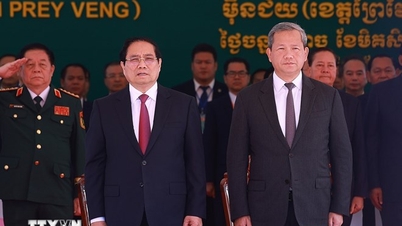

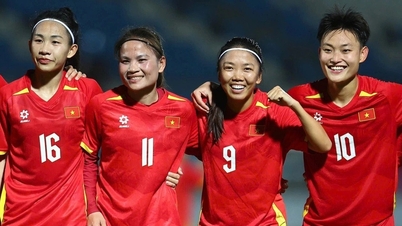




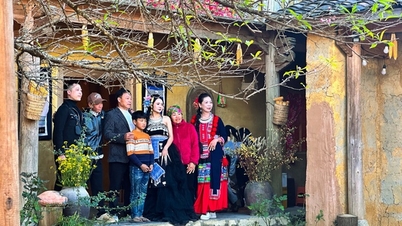


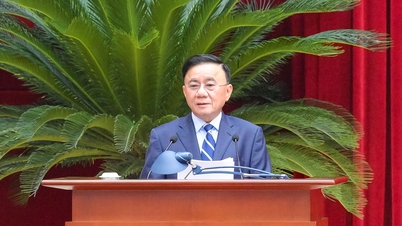



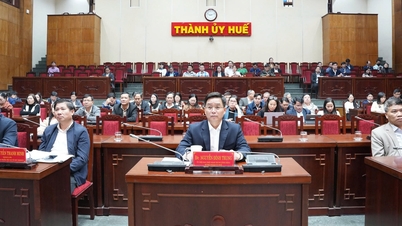


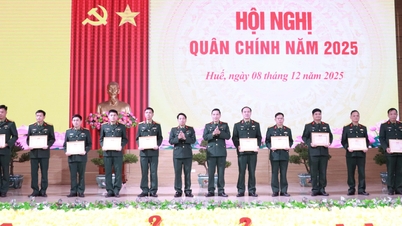


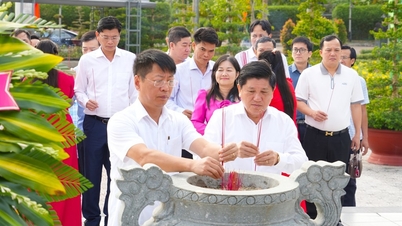

















Comment (0)